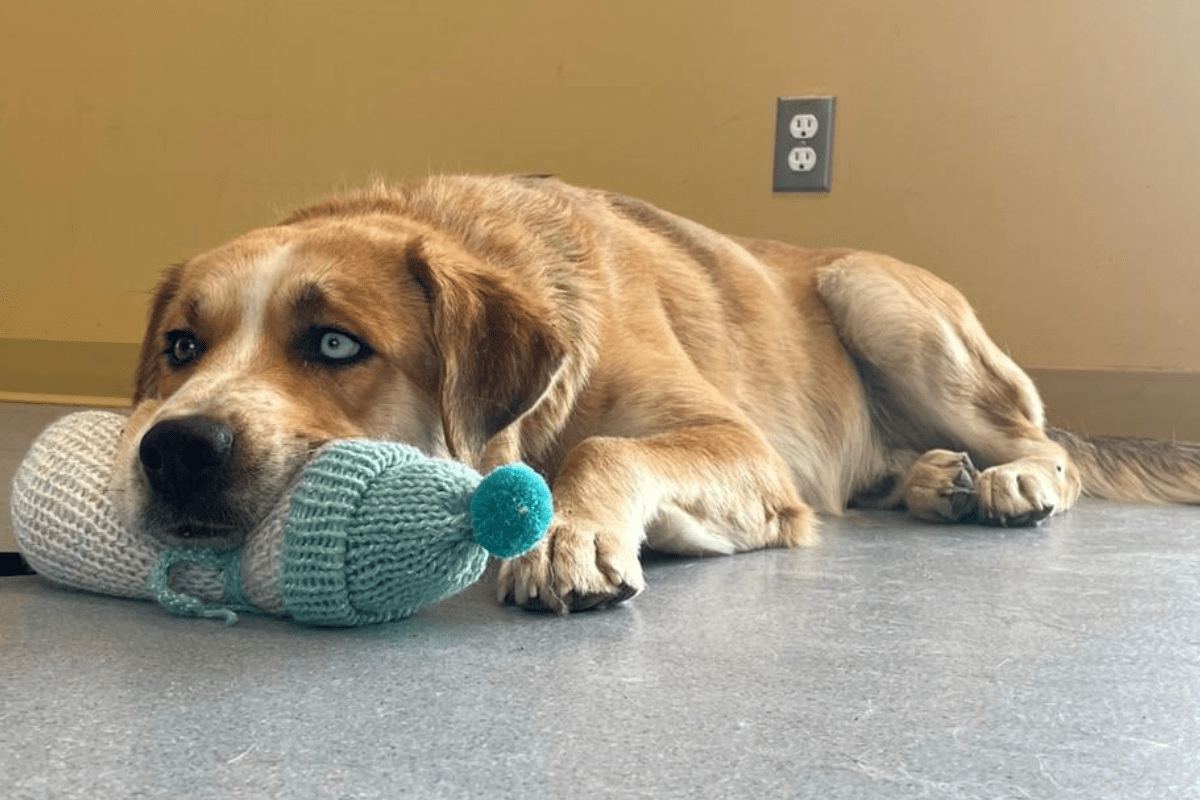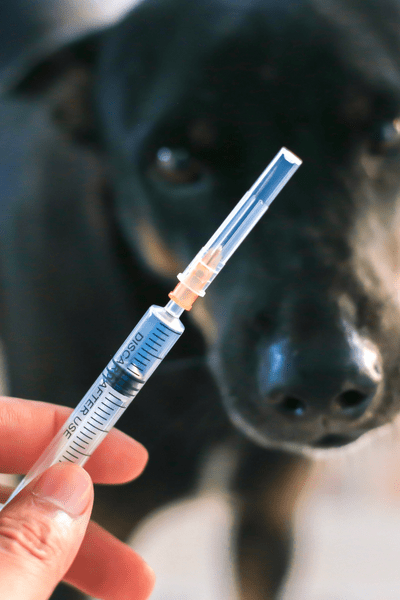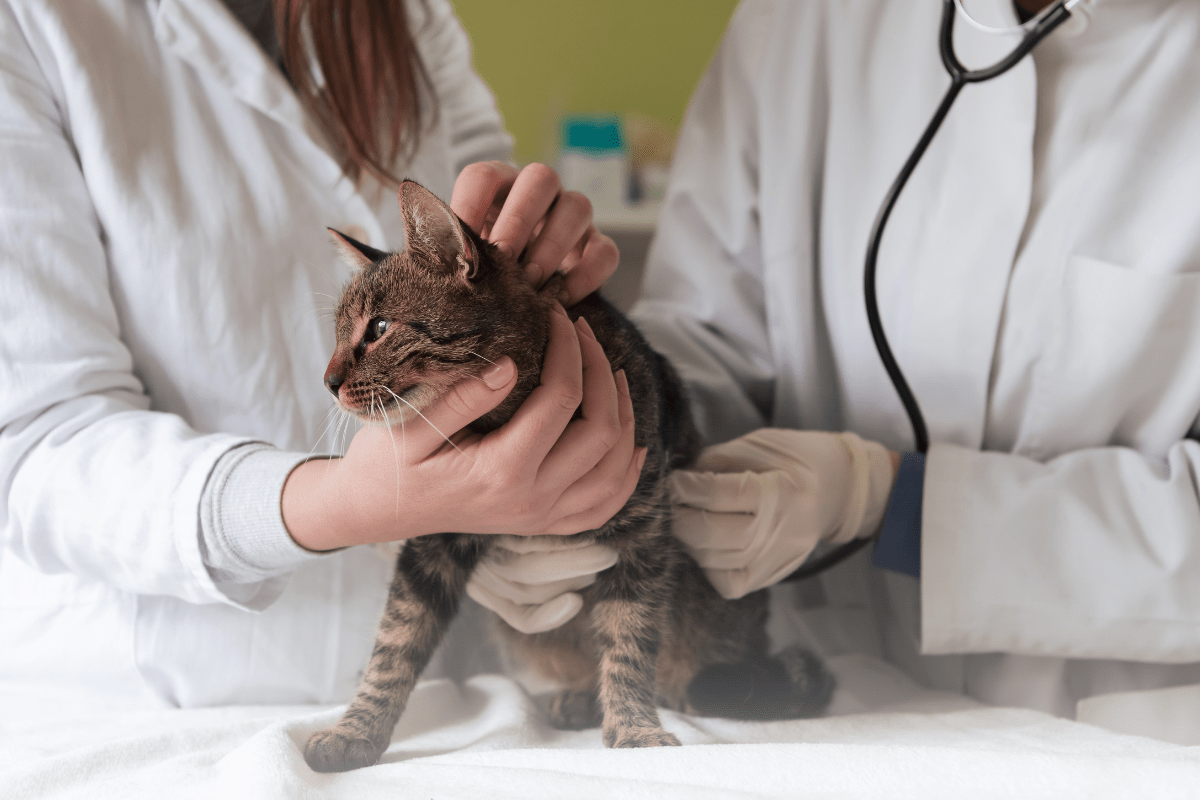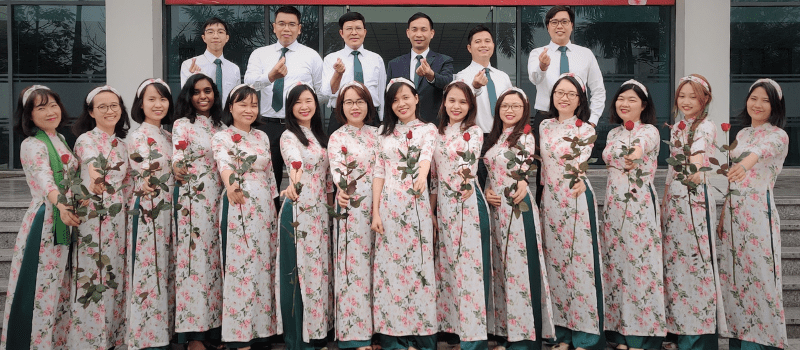At Veterinarians Without Borders North America (VWB), our team members and volunteers are often on the frontlines of building capacity for animal health through trainings and other veterinary services aimed at keeping animals and communities as healthy as possible. Because of this incredible and varied community of voices, VWB has launched 'Ask an Expert' — a blog dedicated to featuring community members and their varying experiences in the animal health space.

In this edition of Ask an Expert, we connected with Dr. Richard Rusk, a public health physician and clinician who grew up in South Africa and is now based in Winnipeg, Manitoba. With a strong background in the epidemiology of infectious and vector-borne diseases, Dr. Rusk brings both human and animal clinical experience, as well as a systems-level perspective, to the challenges facing communities in Canada and around the world.
During this conversation, Veterinarians Without Borders (VWB) discussed how Dr. Rusk’s work closely aligns with the VWB’s One Health approach; recognizing the interconnected health of people, animals, and the environment. With his expertise in human and animal disease prevention, population health, and public health systems, Dr. Rusk reflects on the importance of cross-disciplinary collaboration, the role of public health in keeping people and animals healthy, and the growing need to build resilient, community-driven systems that address both immediate and long-term health outcomes.
VWB: To start off, can you share how the concept of One Health shows up in your work and why it matters to you personally?
Dr. Richard Rusk: With my background in veterinary medicine, predominantly large animals, I spent at least 10 years in practice before moving into medicine with a public health specialty. A lot of my government work ended up at that health–agriculture interface. I really fostered the connection between the Department of Agriculture and the Department of Health. For example, establishing our rabies program and exploring antibiotic surveillance.
I also worked on emerging disease surveillance, like chronic wasting disease. That’s definitely not just on the agriculture and environment side; it has a potential human impact. Sadly, when I left government during COVID, many of those structures didn’t hold up.
When I moved into the private agri-food industry during COVID, it was, in many ways, a true One Health victory. With good public health methods, surveillance, and treatment, we saved millions of pigs. It showed how humans and animals are completely reliant on each other, especially when it comes to food security.
VWB: In your experience, where have you seen successful collaboration, or missed opportunities, between human and animal health in Canada?
Rusk: Probably my best example is antimicrobial resistance and stewardship. There’s been clear progress at the federal level, and agricultural sectors are substantially further ahead than the human side in surveillance and accountability. Compared to Europe, we’re behind, but we’ve come a long way in the last decade.
Other good examples include West Nile surveillance and Manitoba’s rabies prevention program. Animal surveillance feeds into human prevention. I personally oversee a roster of at least 2,000 people for rabies prevention. That’s a fatal zoonotic disease, but because of surveillance and vaccination, we stay a step ahead.
VWB: Globally, do you think One Health approaches can help us mitigate issues arising from climate change?
Rusk: I’d love to say yes, but in Canada, we’re not there yet. We don’t have sufficient policy, collaboration, and funding in the One Health arena to have the needed impact. Climate change clearly affects disease spread and vectors, but One Health isn’t yet embedded in Health structures with authority and budgets to respond effectively.
Classic examples like tick and mosquito surveillance exist, but the system is too slow. Without stronger cross-sector departmental linkages, the response lags behind the science.


VWB: Are there zoonotic diseases you feel deserve more attention in Canada and internationally?
Rusk: Ticks, without a doubt. Lyme disease wasn’t even present in the UK a few years ago, and now it’s widespread. In Canada, research has tracked tick spread, and new species carrying more diseases are moving north due to climate change. Ticks travel on birds, deer, and rodents, and they’re able to survive milder winters.
A collaborative approach is precisely why we need integrated One Health programs. Otherwise, in 20 years are we going to see a rise in neurological disease in populations due to things like chronic wasting disease?
VWB: What’s one thing you wish more people understood about the connection between human, animal, and environmental health?
Rusk: People need to think beyond just humans. Your food, animal or plant, comes from agricultural and environmental systems. For mental health, you need green space and interaction with animals. We take that for granted, but climate change is slowly eroding those connections.
If you want good health for yourself, your kids, and your grandkids, you need to think wider than “humans only.” There’s also a concept called One Wellness, which recognizes how human and animal mental health are linked, for better or worse.
VWB: Anything else you’d like to add?
Rusk: I think there’s growing recognition that the departments of agriculture, health, and environment all need to work together. We’ve already seen this with environmental surveillance like wastewater testing, initially for COVID, now for other purposes. And public engagement with veterinarians has shifted too.
If we can strengthen collaboration across jurisdictions, One Health can offer better solutions for the future.
Learn more about how VWB is supporting One Health globally through our on-the-ground programs.





